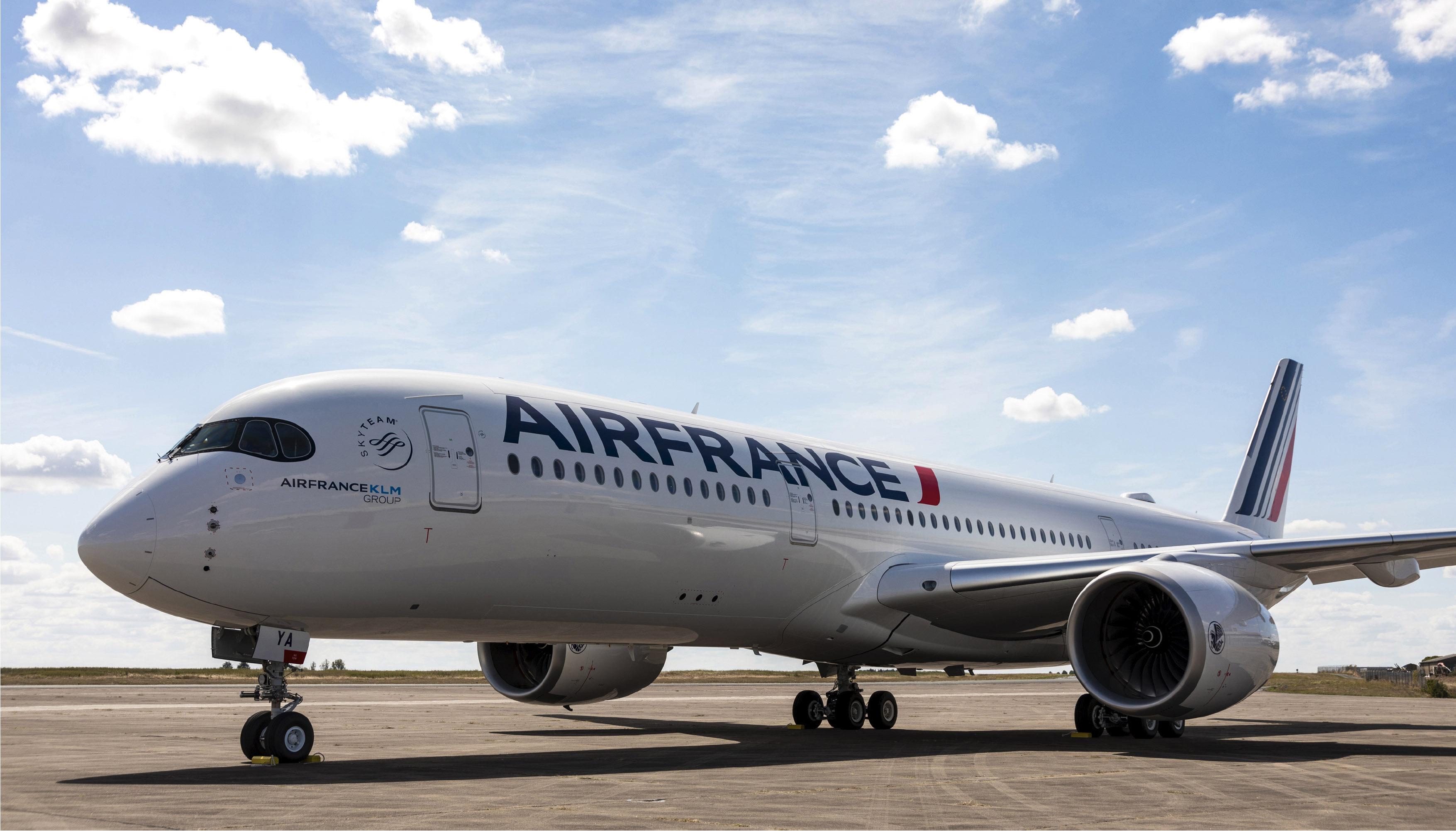
Earlier this week France unveiled a €15 billion package to support its aerospace industry through and after the COVID-19 crisis.
Of this, about half had already been earmarked for Air France, while the remainder included a €1.5 billion ($1.6 billion) fund to support research and development into clean aircraft technologies.
While the sum itself is unremarkable compared with the EU-wide program sharing the same goal or with R&D costs for new aircraft programs, it did prompt some interesting comments from French transport minister Elisabeth Borne.
“It [the clean aircraft fund] supports the development of an ultra-clean replacement of the A320 series for the early 2030s, with a 30% reduction in fuel consumption and a change by 2035 to non-carbon-emitting hydrogen aircraft. For the latter, a demonstrator will be presented between 2026 and 2028," said Borne.
To achieve 30% better fuel burn than today’s best narrowbody engines, Airbus would probably have to pursue a radically different airframe design to combine with an as-yet undeveloped gas turbine.
Even so, it will probably be an even tougher challenge to develop a commercially viable aircraft powered by hydrogen fuel cells. Such an aircraft would probably top out at 100 seats at the very maximum and be limited to under 1,000-km range, although Airbus’ chief executive noted in May that half of current narrowbody routes do not exceed this.
This has prompted some analysts to speculate about the implications for the aftermarket should a hydrogen-powered aircraft prove feasible. For instance, could it derail decades of market leadership by CFM in commercial turbofans and install a new, as-yet-unknown OEM into the engine market and support sphere?
Another question is how hydrogen might alter the current business model of low engine prices combined with significant aftermarket control for their makers or, indeed, how much maintenance a hydrogen-fueled engine would need.





